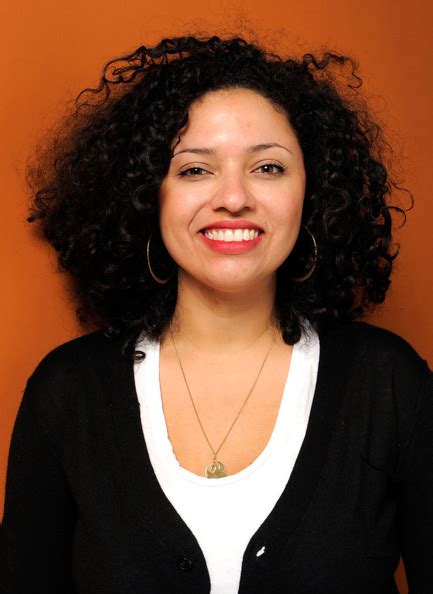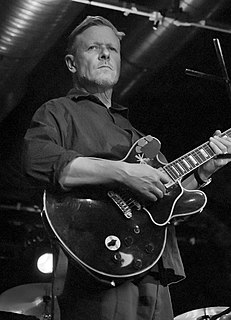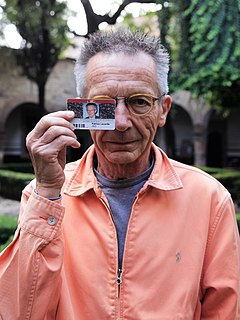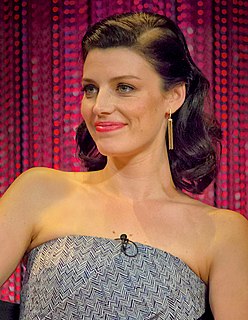A Quote by Guy Maddin
It's funny how film is the slowest art form to adapt to freedom. It's had freedom all along. It could've done whatever it wanted to. You know the same freedom that do-it-yourself punk and post-punk musicians had in the late 70s and ever since. That's about the time I started getting interested in film, and I assumed that film would be moving along with the other pop culture forms. Its finally done it but it's taken decades for it to catch up just to basement band level.
Quote Topics
About
Adapt
Along
Art
Art Form
Assumed
Band
Basement
Catch
Could
Culture
Decades
Do-It-Yourself
Done
Ever
Film
Finally
Form
Forms
Freedom
Funny
Getting
Had
How
Interested
Just
Know
Late
Level
Moving
Musicians
Other
Pop
Pop Culture
Post
Punk
Punk Music
Same
Since
Started
Taken
Time
Up
Wanted
Whatever
Would
Would Be
Yourself
Related Quotes
There hadn't been one done since the late 70s. I was living in Brooklyn, had no connection to Roger Corman, to no one in this movie. I didn't go to film school. I'm like the person who should have never made this film. But I just decided to put one foot in front of the other. I was writing film articles for magazines at the time. I convinced an editor from one of the magazines that I was working for to give me a shot to do a piece on Roger. This was an excuse to go meet him.
To me, a revolutionary film is not a film about a revolution. It has a lot more to do with the art form. It's a film that is revolting against the old established language of cinema that had been brainwashing the people for decades. It is a film that is trying to find ways to use sound and image differently.
Know, then, that now, precisely now, these people are more certain than ever before that they are completely free, and at the same time they themselves have brought us their freedom and obediently laid it at our feet. It is our doing, but is it what you wanted? This sort of freedom?' Again I don't understand', Alyosha interrupted, 'Is he being ironic? Is he laughing?' Not in the least. He precisely lays it to his and his colleagues' credit that they have finally overcome freedom, and have done so in order to make people happy.
I built the film [Boy and the World] this way. I gathered all the tools I usually use such as brushes, color pencils, crayons, watercolors, and everything else I found in my studio, and I put them on top of a table. I had this feeling of freedom and possibility like if I was this boy. I was using the boy's freedom to create this film.
I don't choose to make low-budget films. But that is the reality of surviving in the Japanese film industry. However, the trade off is, since we're working on small budgets, we have freedom. You can't buy this freedom with money. With this freedom, I think there are an infinite number of possibilities.




































